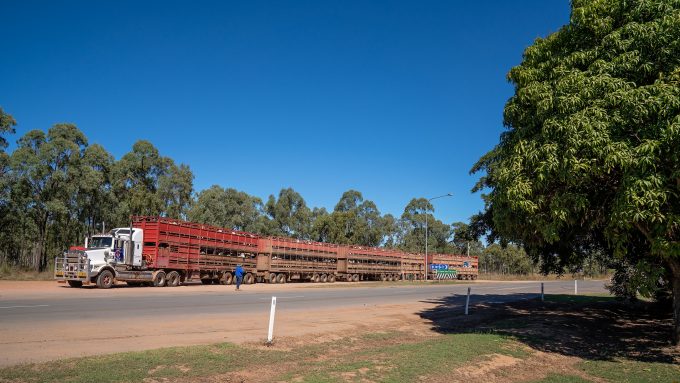UK stowaway rule risks collapsing haulage sector
Stakeholders are calling on the government to change migration rules that have caused a “significant” rise in ...

Hauliers have suggested the UK should consider allowing “road trains” to address the driver shortage, but hauliers claim this could be “fatal”.
Increasingly a common sight in Australia, ’road trains’ – multiple trailers linked to the one cab – measure more than 150ft in length and offer up to 180 tonnes of cargo capacity.
“It is a solution that could be implemented pretty quickly, and would allow a single driver to deliver two to three trailers’ worth of goods in a single ...
Keep our news independent, by supporting The Loadstar
Volume surge and an early peak season? 'Don't celebrate too soon,' warning
Container spot rates diverge: to Europe still falling, but firmer to the US
Hapag-Lloyd won't take bookings if port congestion leaves cargo stranded
Ecommerce likely the front-runner in resurge of transpacific trade after deal
China-US trade tariff pause could drive a rebound for transpacific rates
Service chaos from trade ban with India a problem for Pakistan shippers
Shippers should check out the 'small print' in China-US tariff cuts
Airfreight rates ex-China 'loss-making', but hopes of a trade deal stay high
Carriers impose 'emergency operation' surcharges on Pakistan cargo
Serious threat to jobs in US logistics as tariffs cause economic 'stagflation'
15% rebate for box ships as Suez Canal Authority woos carriers
White House u-turns see freighters flying but keep logistics players on their toes
MSC in terminal switch as Nhava Sheva gets strong start to new fiscal year
Peak season or recession? Forwarders and shippers need to 'stay flexible'
Volga-Dnepr claims 'pirate' Canada has 'hijacked' its stranded aircraft


Comment on this article